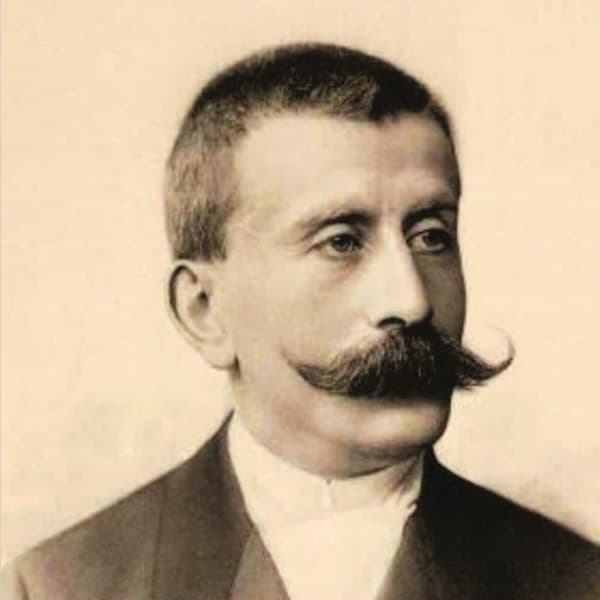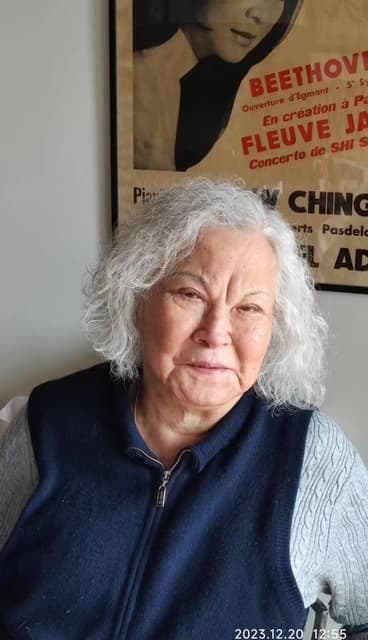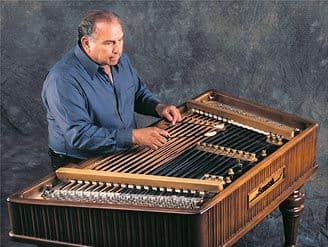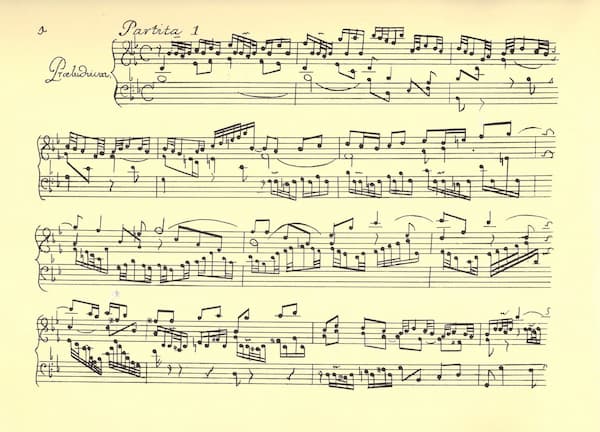Every piece of classical music has a unique composition story. Inevitably, some of those stories ended early after, say, a composer left a score unfinished, or destroyed it, or never wrote anything down in the first place. These lost works
March, 2025
Moritz Moszkowski (1854-1925)
“After Chopin, Moszkowski best understands how to write for the piano”
“After Chopin, Moszkowski best understands how to write for the piano”
In his day, Moritz Moszkowski was a famous and well-respected musician. He was an accomplished pianist who performed extensively across Europe, and as a highly sought-after teacher, he influenced generations of future piano virtuosos. 100 years after his passing on
“I was born into a China of misery and tears. The China of my birth was a vast, undeveloped country, where poverty, banditry, and civil war were rife, and where it was particularly unwise to be born female.” With these
Antonín Dvořák’s time in America (1892–1895) was brief but important, not only helping him break into a more modern style but also helping American composers look inward for inspiration and not towards Europe. His String Quartet No. 12, nicknamed the
Jessica Krash: Be Seeing You American composer Jessica Krash was commissioned by two Washington DC arts institutions, the National Gallery of Art and The National Museum of Women in the Arts to create a work based on 14 works of
The Goldberg Variations, published by Bach in 1741, is beloved by musicians. Those who don’t play a keyboard instrument have been quick to arrange it for their own specialities. We’ll start with stringed instruments and how they treat the first
Early in 1726, for reasons essentially unknown, Johann Sebastian Bach interrupted his continuous production of cantatas. Between February and September 1726, he performed 18 cantatas by his cousin Johann Ludwig Bach, and he performed none of his own music at








